You might think you’re a pro at using everyday items, but science says otherwise. From how you brush your teeth to how you store fruit, many common habits are actually inefficient, or worse, unhealthy. With expert-backed insights and research-based tips, we’re revealing 12 surprising ways you’ve likely been misusing household items your entire life. Fixing these small mistakes could improve your health, hygiene, and daily routines in big ways.
1. Microwave Door Timing Mistakes

Stopping the microwave early and yanking open the door can mess with its sensors. Science shows this disrupts the heating cycle, causing cold spots in food that may harbor bacteria. It’s not just about uneven leftovers, it could be unsafe. Always press pause or wait until the timer ends before opening the door. That extra second can ensure better food safety and protect the microwave’s internal components.
2. Toothbrush Storage Habits

Storing your toothbrush near the toilet exposes it to airborne germs, especially when flushing. According to studies, particles can travel several feet. Instead, keep your brush upright, covered, and away from the toilet. Also, allow it to air-dry to avoid mold growth. Replace it every three months or after any illness to prevent reinfection. Clean storage matters more than you think, your mouth’s health depends on it.
3. Cotton Swab Usage in Ears
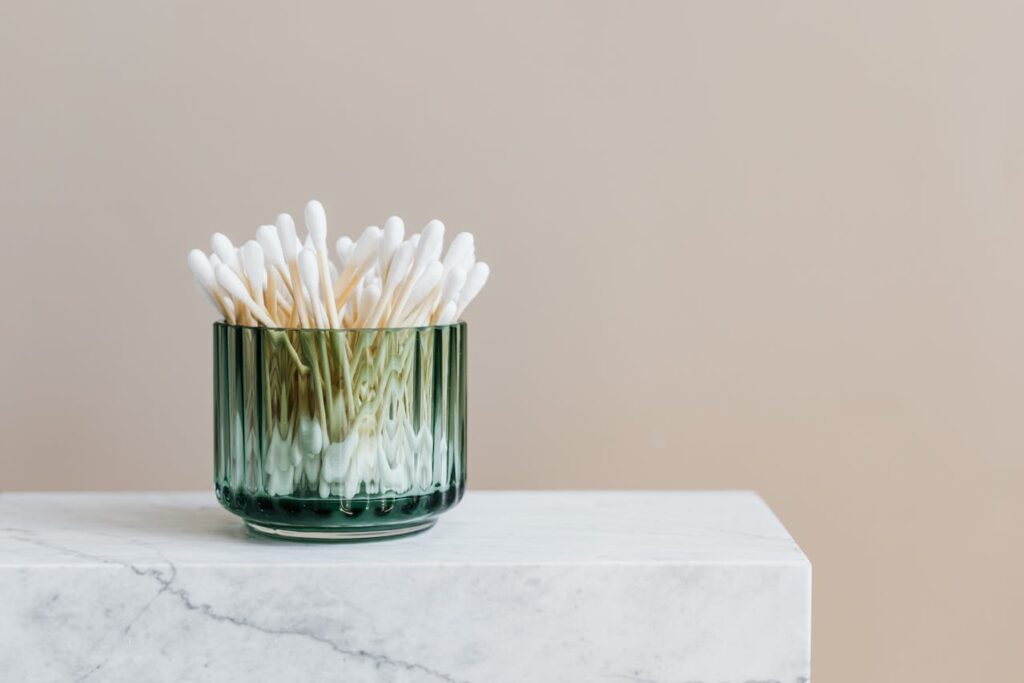
Despite popular belief, using cotton swabs to clean ears does more harm than good. Experts say swabs often push wax deeper, risking impaction or even eardrum damage. According to the American Academy of Otolaryngology, your ears clean themselves naturally. If you experience buildup, try saline drops or over-the-counter kits instead. Put the Q-tips down, your ears will thank you in the long run.
4. Refrigerating Certain Fruits
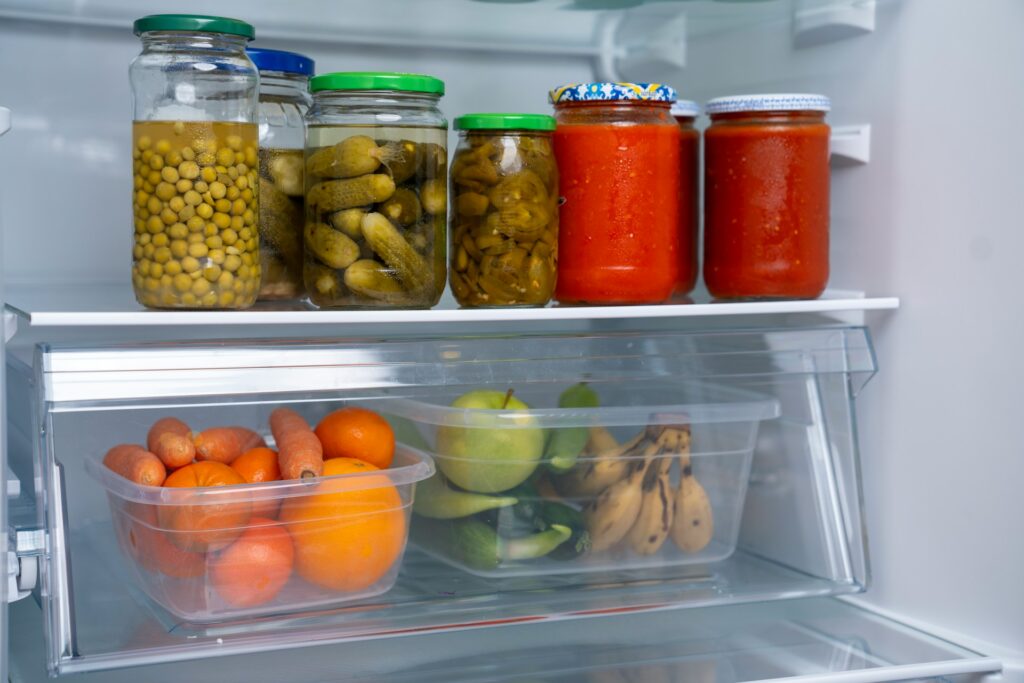
Cold storage isn’t ideal for all produce. Fruits like tomatoes, bananas, and peaches lose flavor and texture when refrigerated. Science shows the cold damages cell walls, causing mushy textures and bland taste. Bananas blacken faster and tomatoes turn mealy. Instead, store these fruits at room temperature for peak flavor and freshness. Your countertop is better than your fridge for some juicy favorites.
5. Using Too Much Detergent
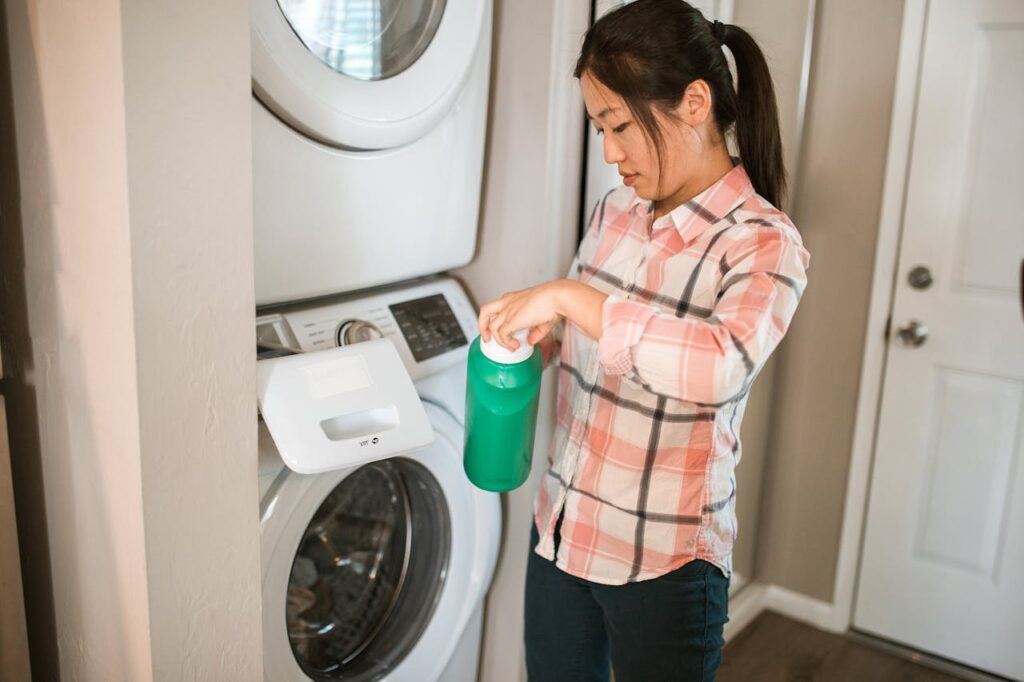
More detergent doesn’t mean cleaner clothes. It can actually trap dirt by creating too many suds, leaving residue behind and wearing out fabrics. Overuse also strains your washer’s mechanics and can cause mold growth. Experts advise using the recommended amount, often less than you’d guess, for optimal cleaning. Especially in high-efficiency washers, less really is more. Your laundry and machine will thank you.
6. Cutting Boards for Raw Meat

Using one cutting board for everything is risky. Raw meat can transfer dangerous bacteria like salmonella onto fruits or veggies. Even after washing, traces can remain. Food safety guidelines recommend using separate cutting boards, one for meat, another for produce. Better yet, get color-coded boards to avoid confusion. This simple switch can drastically reduce the chance of foodborne illness in your kitchen.
7. Overusing Antibacterial Soap

Antibacterial soap isn’t always better. The FDA found no evidence it’s more effective than regular soap. Overuse may even help breed antibiotic-resistant bacteria. Plus, certain ingredients have been banned due to health concerns. Experts say good handwashing technique, 20 seconds with regular soap and water, is what really matters. Keep it simple and ditch the fancy antibacterial stuff for safer daily hygiene.
8. Not Shaking Medication Bottles
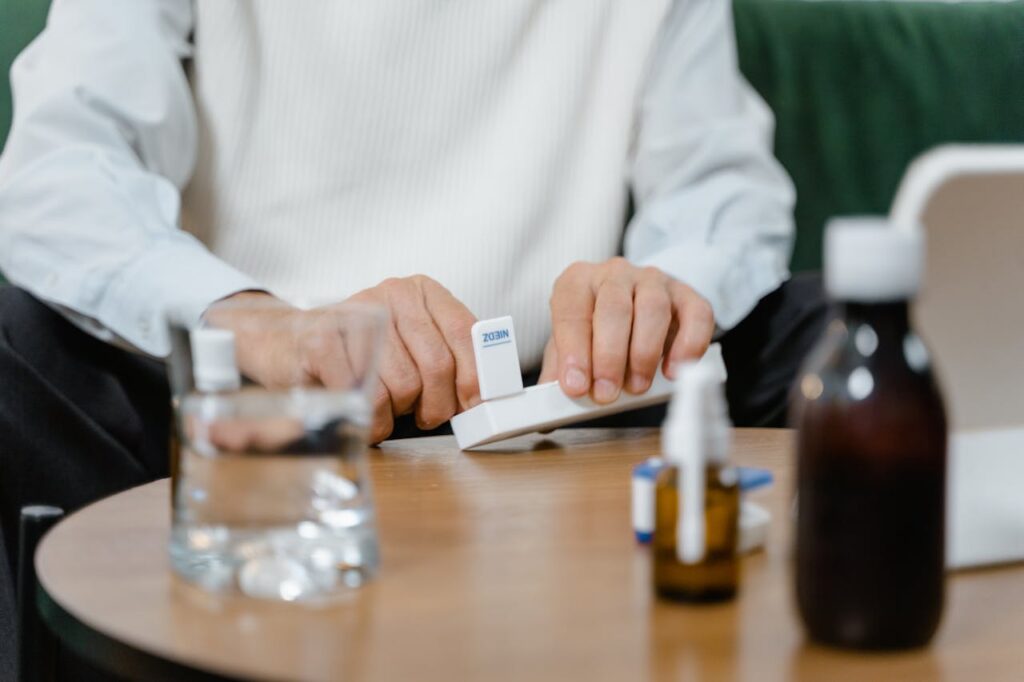
Liquid medications can separate over time, especially suspensions. Without shaking, doses may be uneven, too strong one time, too weak the next. This inconsistency can be dangerous, especially with children’s or heart medications. Always shake well before every use, even if you just used it an hour ago. Pharmacists emphasize this as a key part of proper dosing. It’s a quick step that makes a big difference.
9. Wrong Water Temperature for Washing Hands
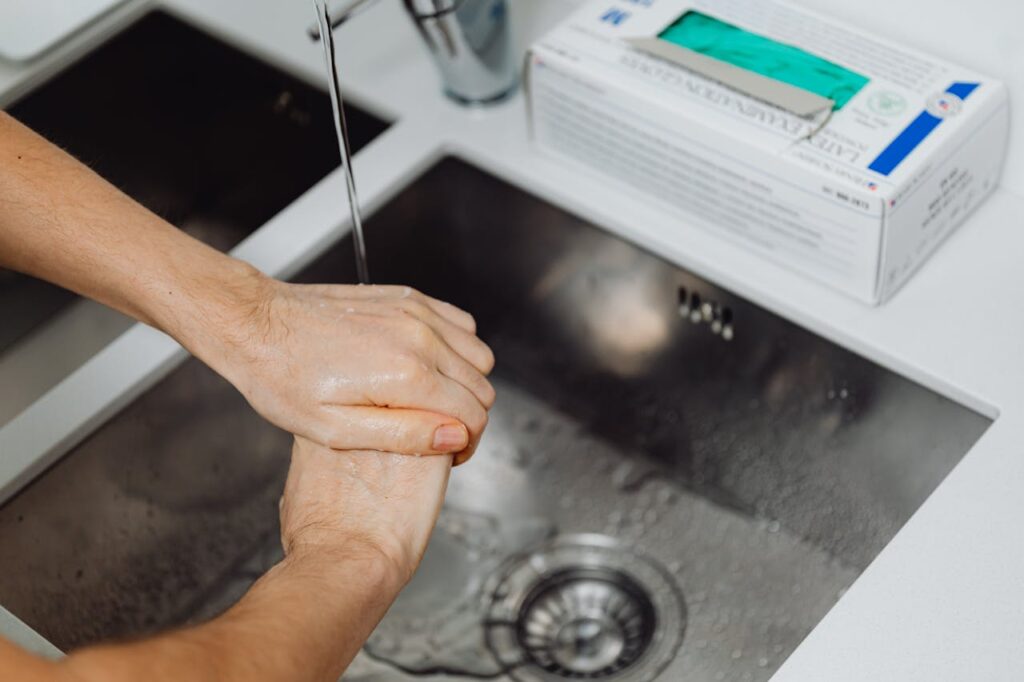
Hot water isn’t necessary for killing germs. In fact, water hot enough to kill bacteria would scald your skin. Studies show cool or lukewarm water, combined with soap and 20 seconds of scrubbing, is just as effective. Using very hot water can cause irritation or dryness. For hygiene and comfort, go with moderate temperatures, your skin and energy bill will benefit.
10. Using Too Much Toothpaste
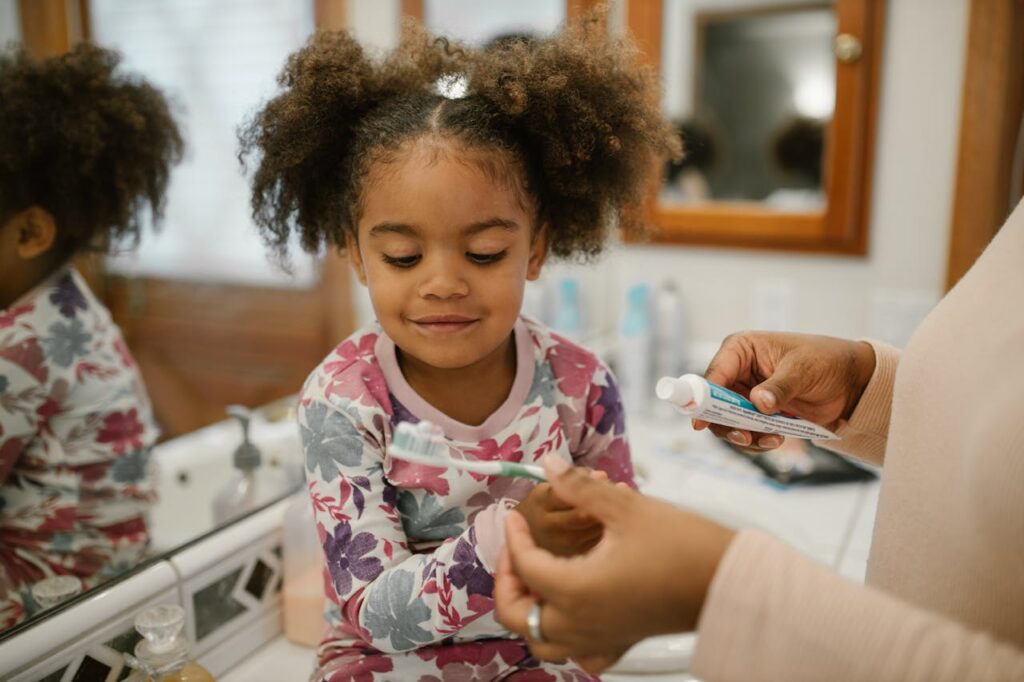
Toothpaste commercials show long ribbons, but dentists recommend a pea-sized amount for adults and even less for kids. Overuse creates more foam but doesn’t clean better, and it can wear down enamel. For children, too much fluoride increases the risk of discoloration. Use less, brush thoroughly, and don’t rinse right away to let fluoride protect your teeth. It’s about quality, not quantity.
11. Plugging Chargers into Power Strips
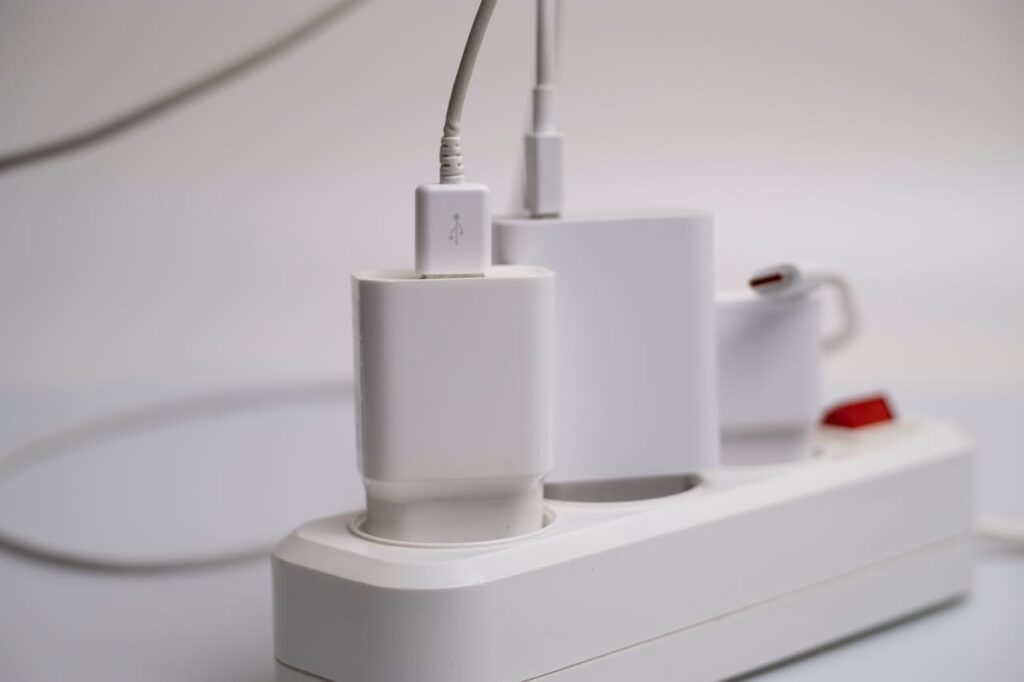
Overloading a power strip with chargers can be dangerous. It risks overheating, short circuits, or fire, especially with older strips. Plus, inconsistent current from overloaded outlets can wear down your device batteries. Experts advise using wall outlets for high-demand devices and avoiding daisy-chaining strips. Surge protectors help, but even they have limits. Prioritize safety and use power strips sparingly and smartly.
12. Holding the Steering Wheel at the Wrong Angle
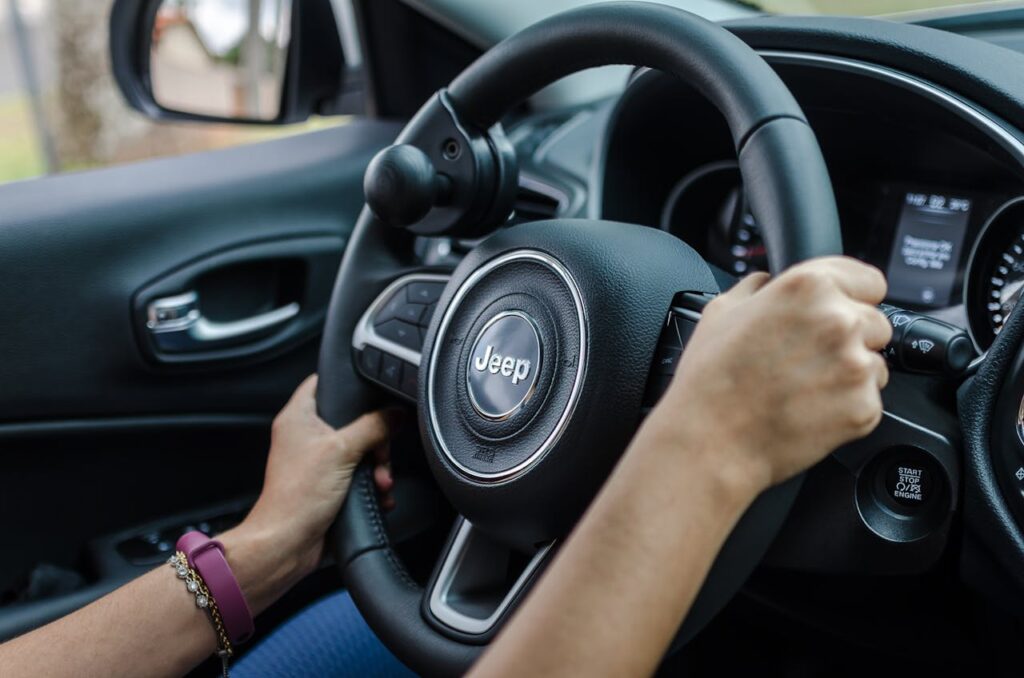
Still gripping the wheel at 10 and 2? That’s outdated advice. Safety experts now recommend 9 and 3 for better control and protection. If airbags deploy, hands at 10 and 2 could be pushed into your face, causing injury. 9 and 3 lowers that risk and improves reaction time. A small change in hand position could make a big difference during emergencies on the road.


